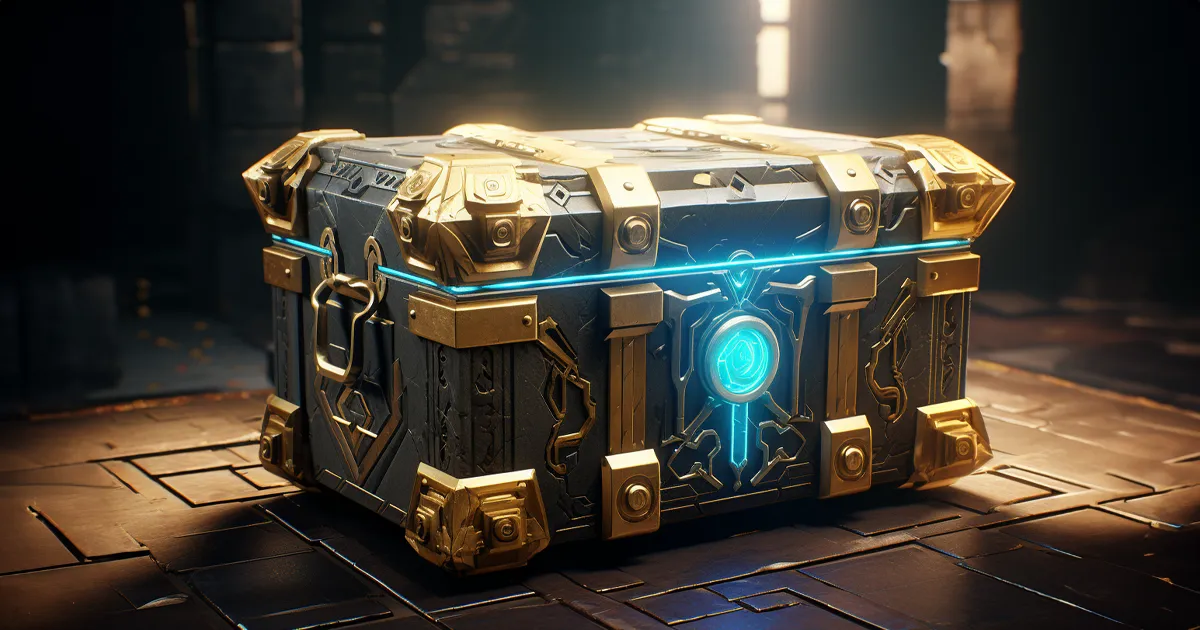The Netherlands calls on Europe to ban loot boxes
Dirk Beljaarts, the Dutch Minister for Economic Affairs, has called for a Europe-wide ban on loot boxes. In his view, only coordinated action at European level could offer effective protection against these controversial practices in video games.
Practices likened to gambling
Loot boxes, the virtual chests that players can buy in video games to obtain random rewards, have long come under fire. A UNICEF report recently highlighted their psychological impact, particularly on young gamers. The study shows that many children regret the sums spent on these purchases, which are often perceived as compulsive.
‘These mechanisms exploit psychological tactics akin to gambling’, denounced Dirk Beljaarts during a parliamentary debate.
Criticism is mounting, comparing these practices to gambling, which has prompted some countries, such as Belgium, to take action. Belgium banned loot boxes in 2018 by including them in its gambling laws. This decision was based on a broad definition of gambling, which enabled effective regulation. It was as a result of this decision that games such as Dragon Ball Z: Dokkan Battle and Lost Ark were banned in Belgium.
A complex situation in the Netherlands
In the Netherlands, the situation is more delicate. Although the problem is recognised, the current legal framework limits the scope for action.
‘Dutch gambling laws are too restrictive to specifically ban loot boxes without affecting all video games.’ Dirk Beljaarts.
This difficulty has led to an impasse. In 2022, MP Henri Bontenbal (CDA) had already proposed a national ban on loot boxes. However, the reforms needed to achieve this goal proved too complex.
Faced with these obstacles, Dirk Beljaarts is now advocating a European solution. In his view, harmonised regulation across the EU would force game developers to change their practices across the continent.
A European solution: the Digital Fairness Act
The Dutch minister is proposing to include a ban on loot boxes in the Digital Fairness Act, a European bill designed to strengthen consumer protection. Expected in late 2025 or early 2026, this text could become a solid basis for regulating these practices.
‘National rules are too easy to circumvent in a global industry like video games. European regulation is essential to avoid disparities that harm both consumers and businesses.’
The Digital Fairness Act could impose common standards, making loot boxes illegal throughout the European Union.
A European ban on loot boxes could have several advantages:
- Protecting gamers: Consumers, especially younger ones, would be better protected against uncontrolled spending.
- Reducing compulsive behaviour: By eliminating mechanisms that exploit psychological bias, the video games industry could improve its image.
- Standardised rules: Common regulations would avoid confusion for businesses and consumers, while promoting healthy competition.
According to Dirk Beljaarts, Europe must act now, because every day without regulation is a day when consumers remain vulnerable.
Growing concern in other countries
This concern is shared by many other countries, including Germany, where the Gemeinsame Glücksspielbehörde der Länder (GGL) has called for new legislation to ban loot boxes.
Or in the UK, where studies show that the majority of the most profitable mobile games do not comply with the rules on advertising transparency concerning these systems. Zoë Osmond, director of GambleAware, has already sounded the alarm. She is warning against the standardisation of gambling-like features in games aimed at young people.
Although no decision has yet been taken, the future of loot boxes in Europe may well be on hold.


